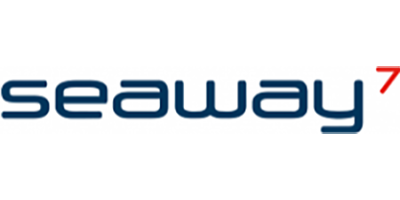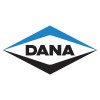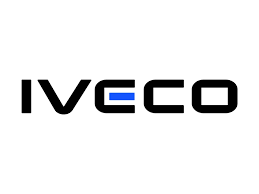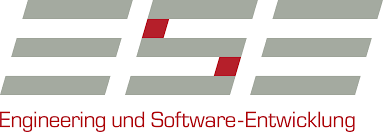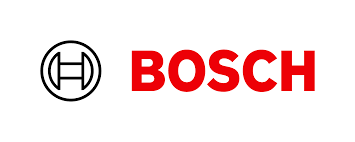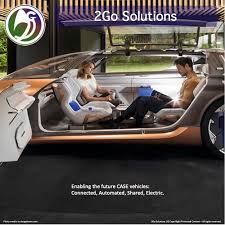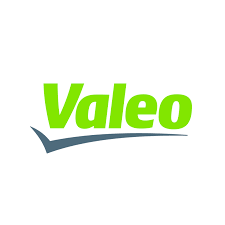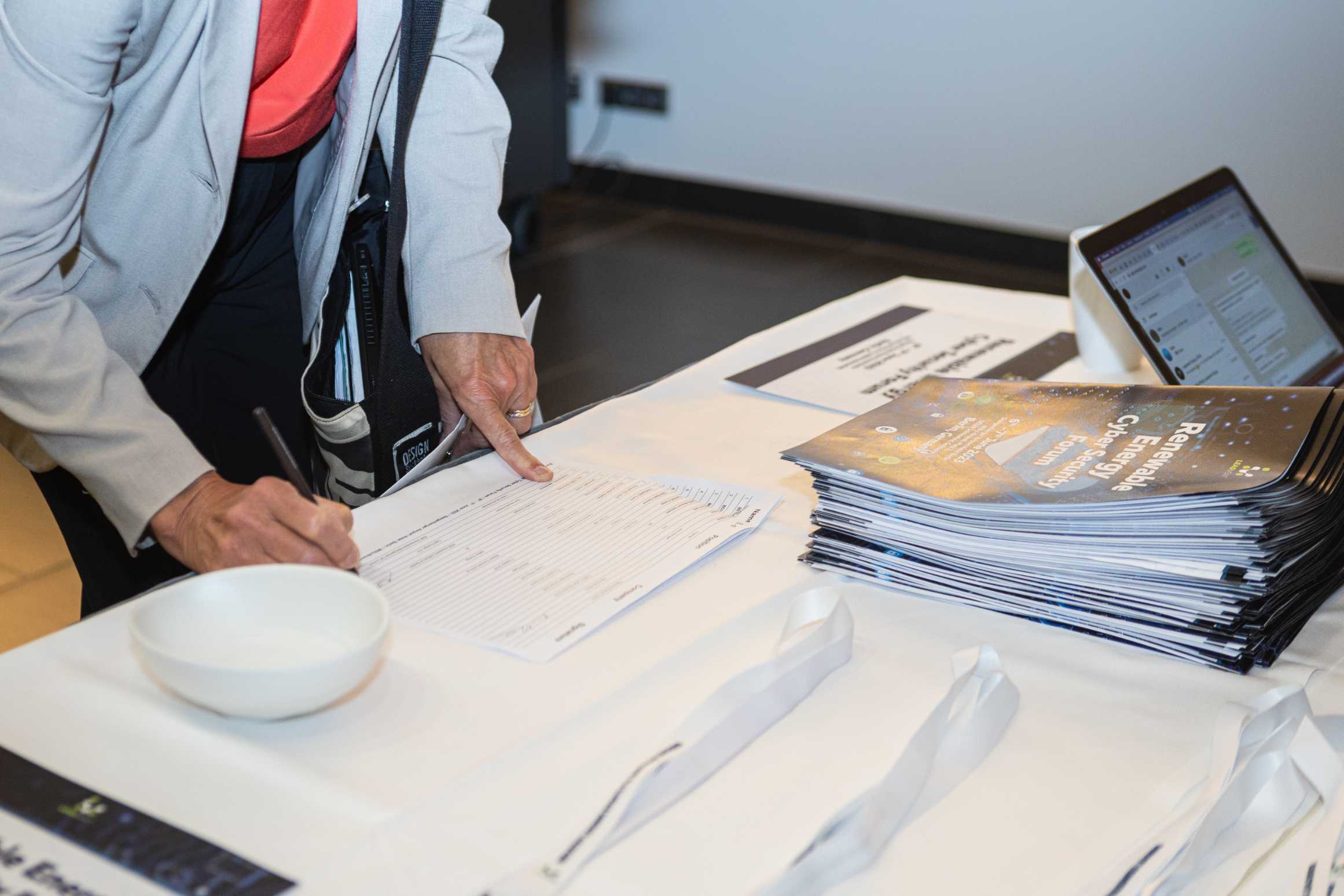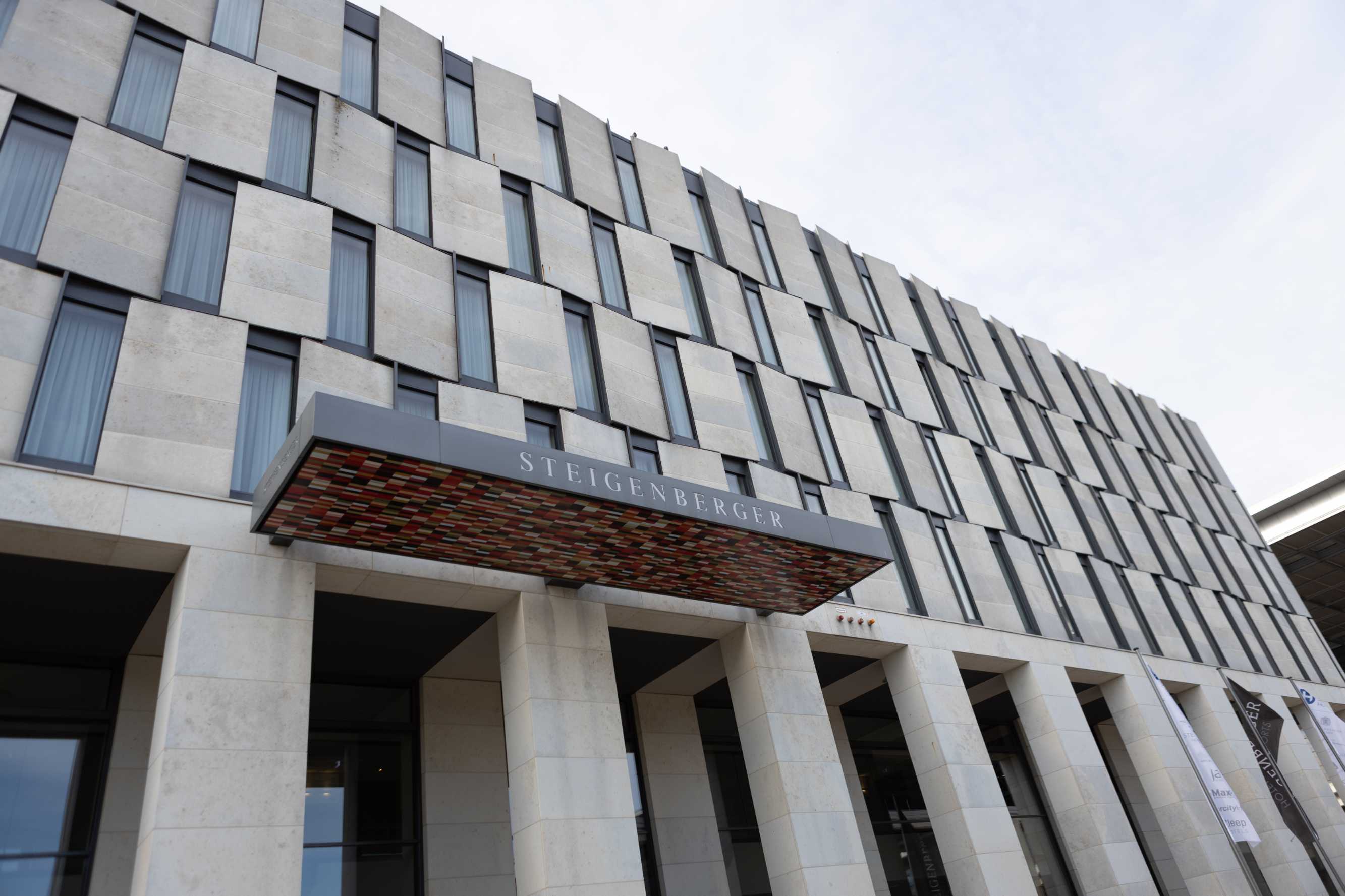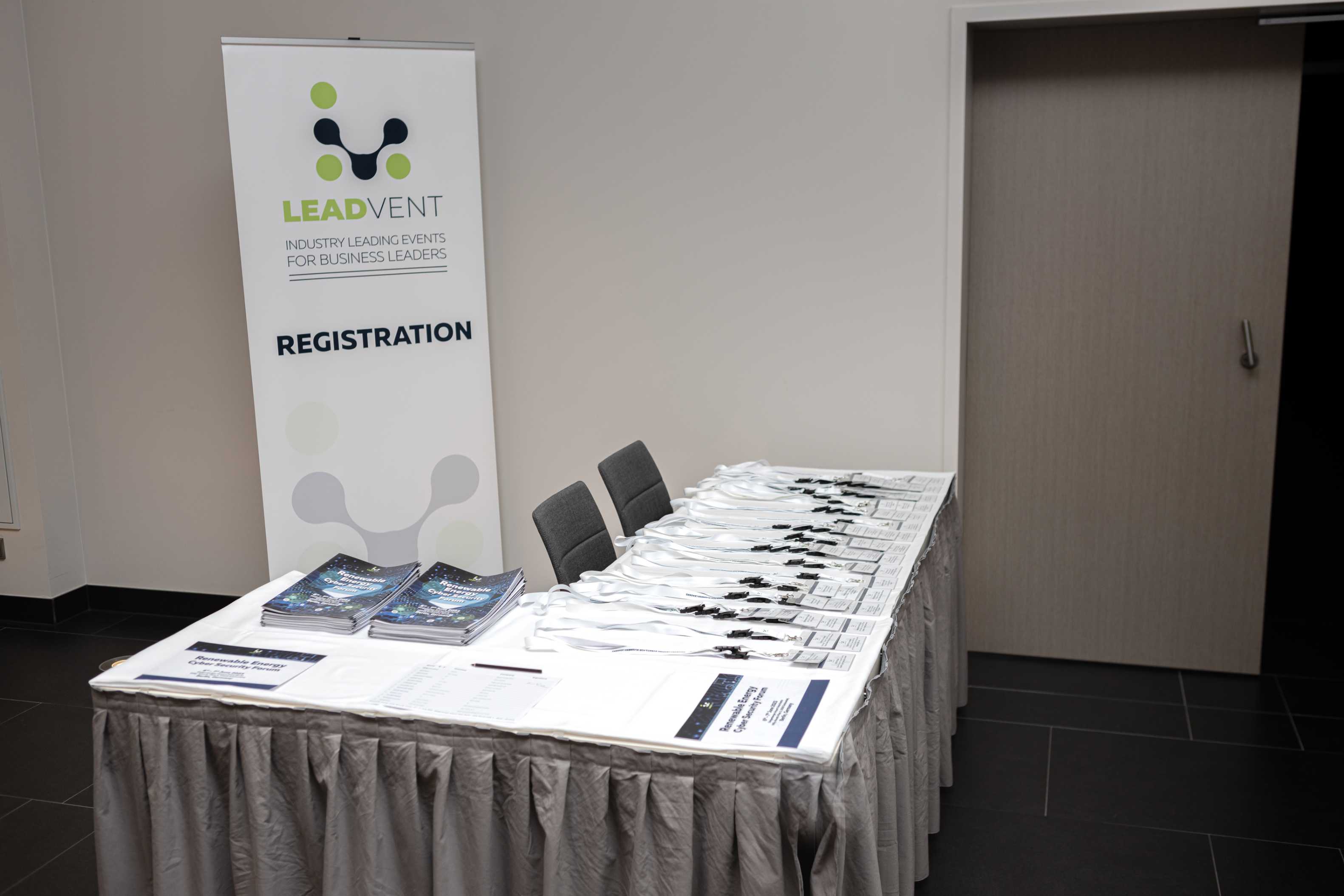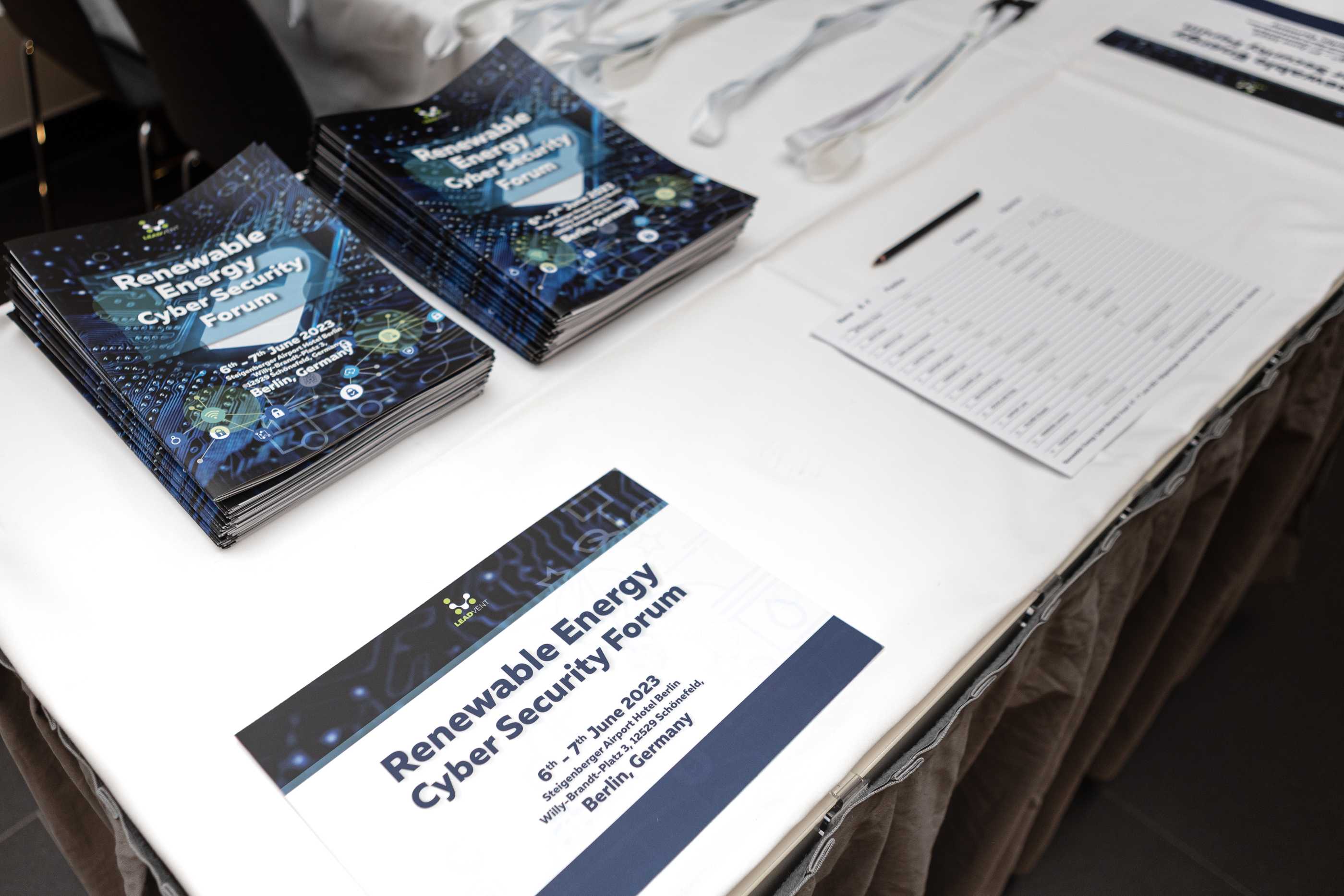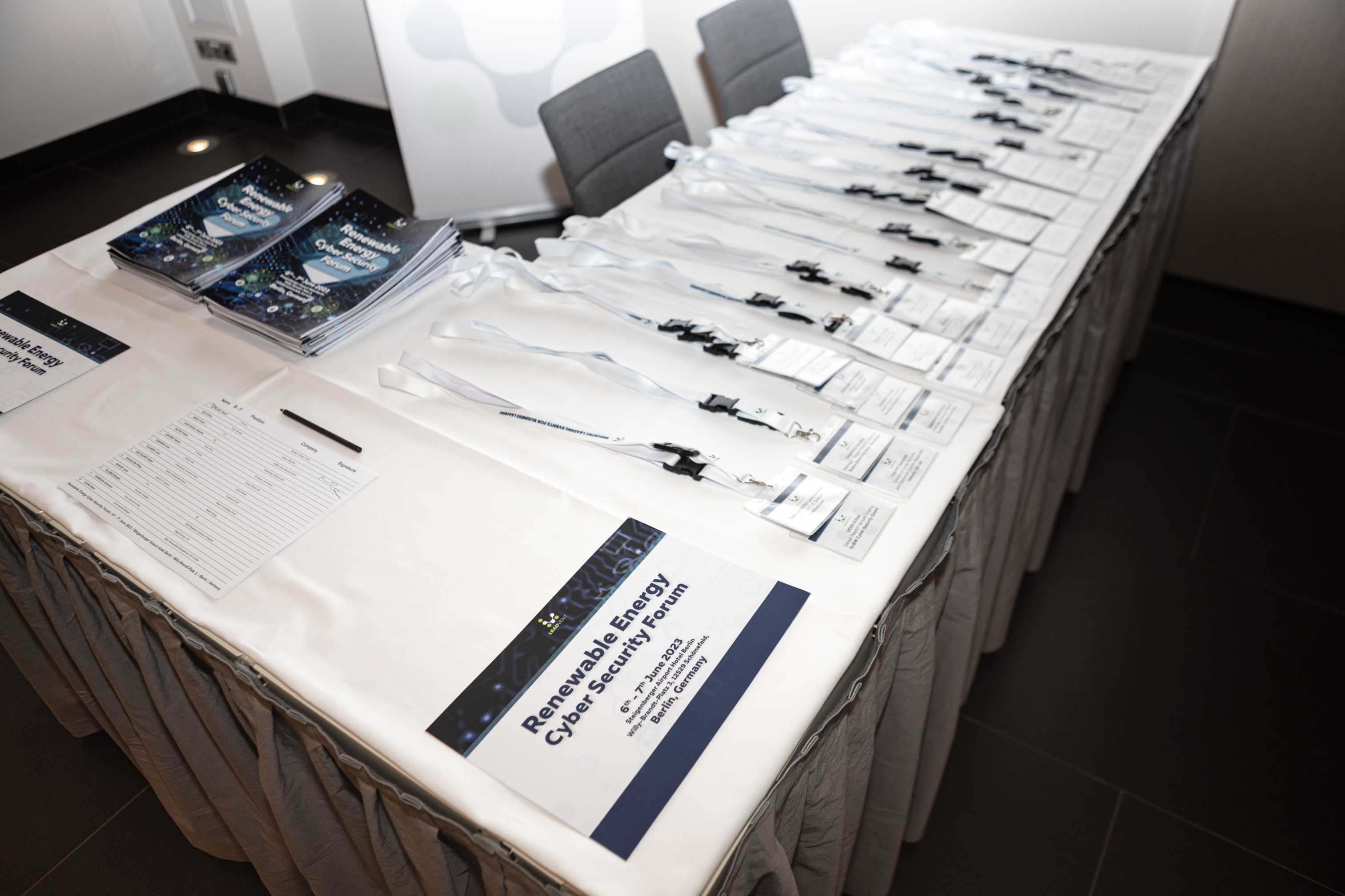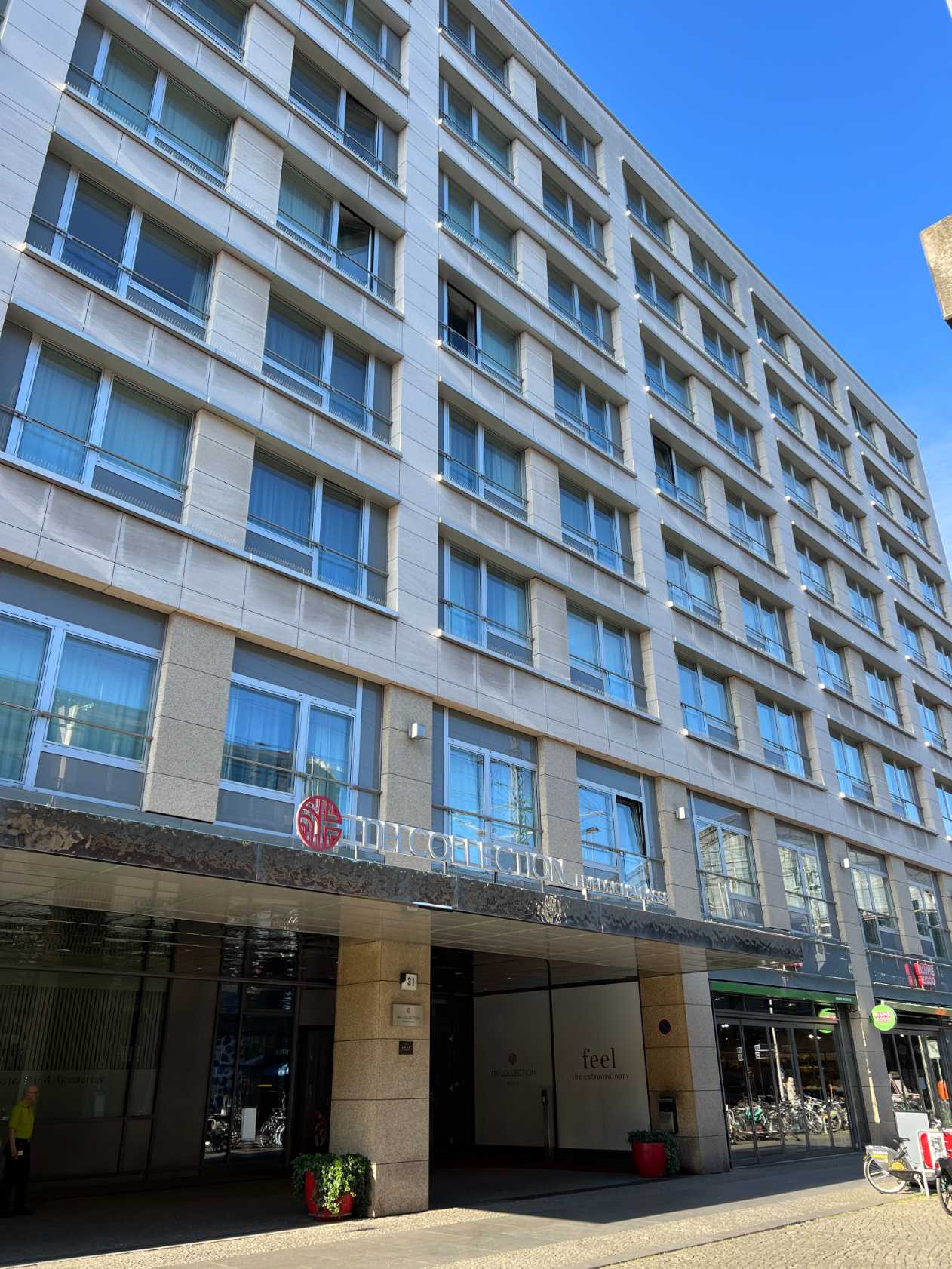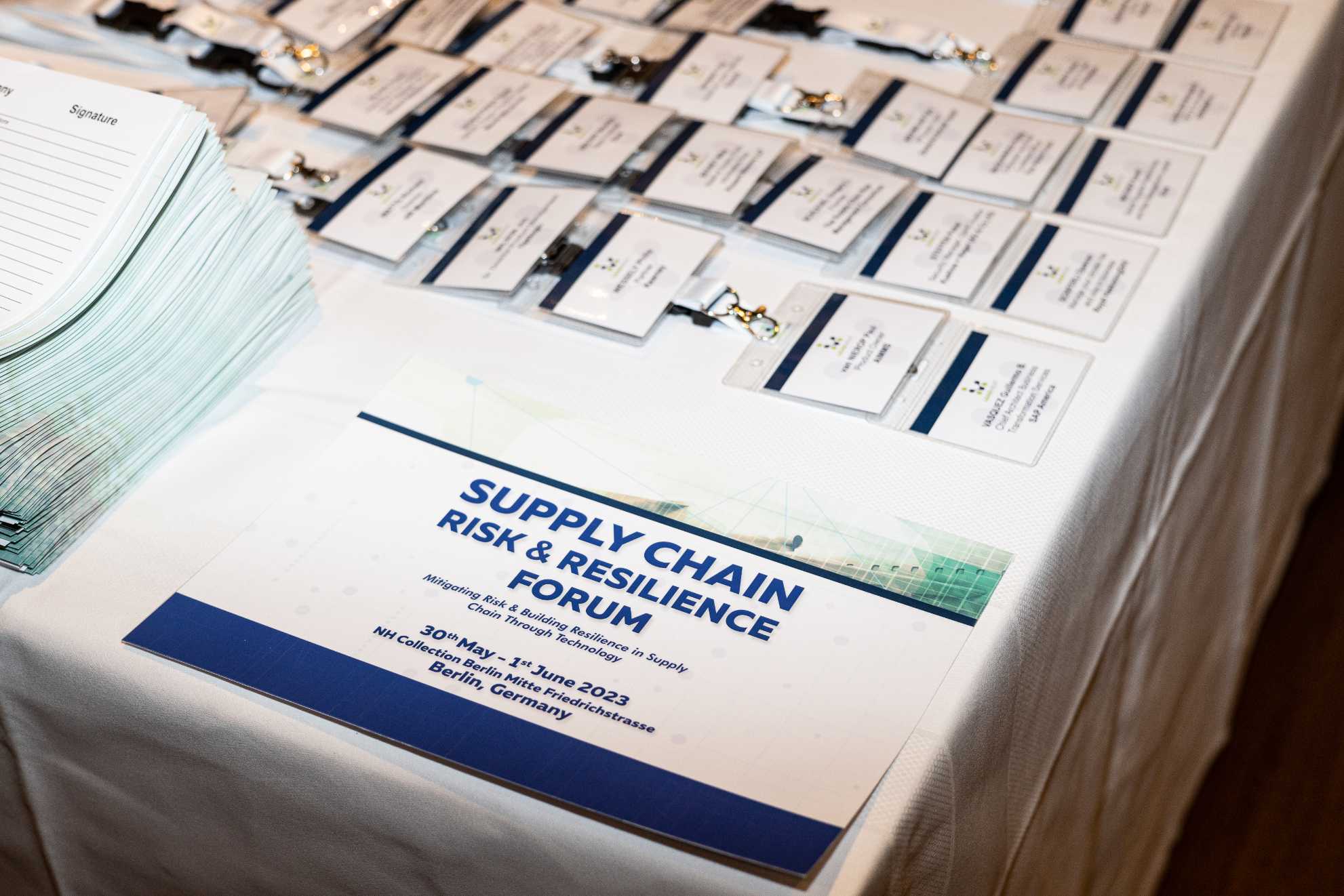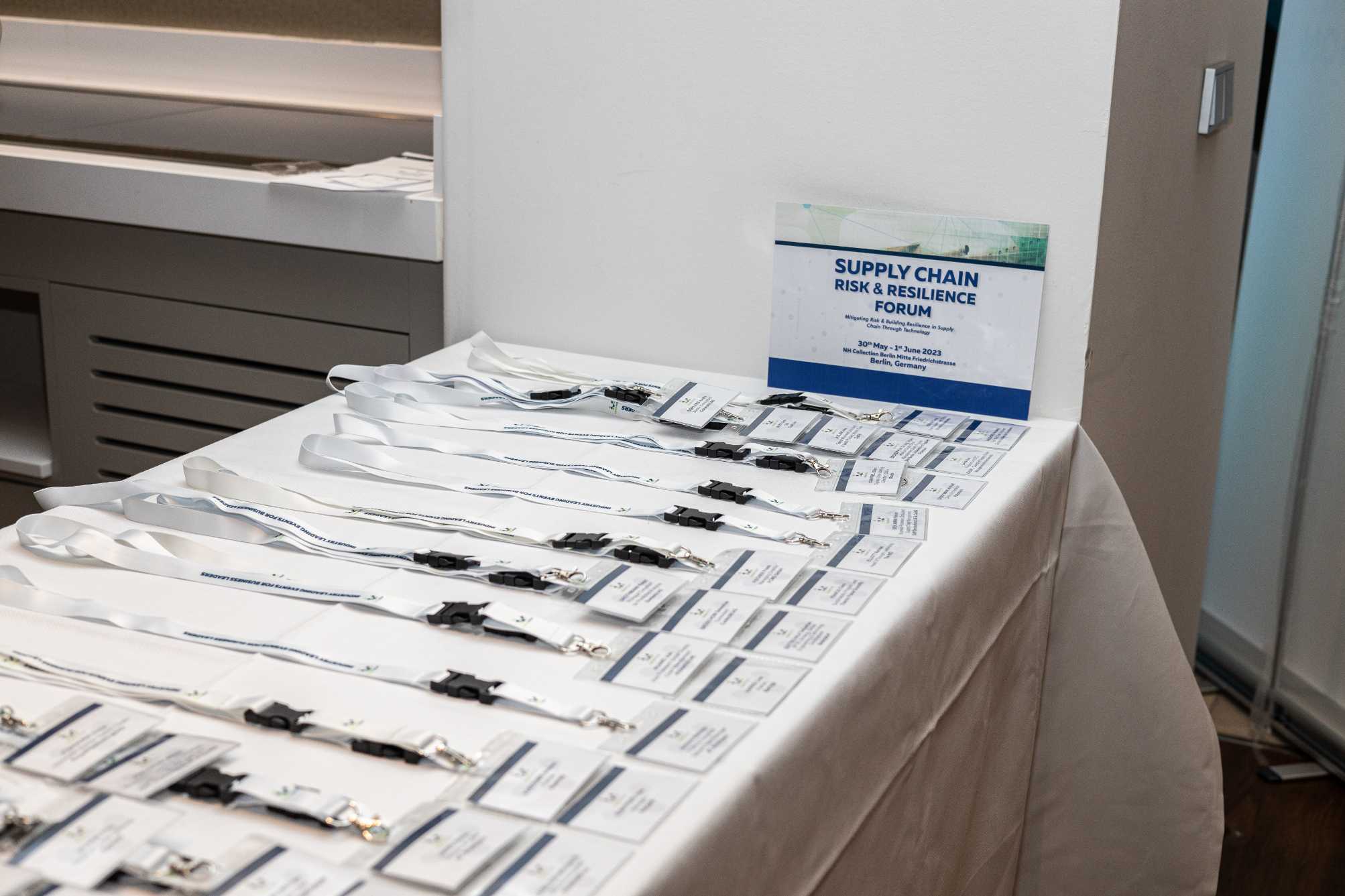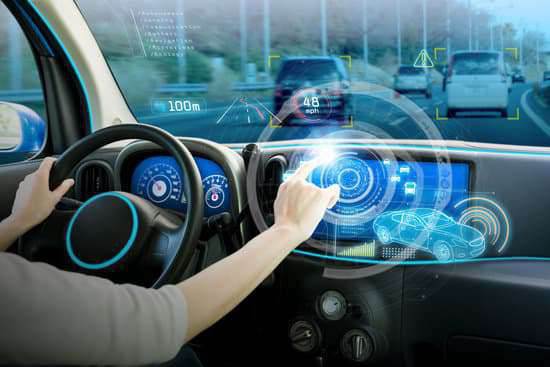Automotive Cyber Security Forum
18th November, 2025
Munich, Germany
Hybrid Event
Industry leading Events for Business Leaders
SHOWCASE HOW YOUR SOLUTIONS CAN HELP IMPROVE AUTOMOTIVE SECURITY
CONNECT WITH 100+ INDUSTRY AND TECHNOLOGY LEADERS TO DISCUSS THE FUTURE OF AUTOMOTIVE CYBERSECURITY
About The Event (#autosafety)
As the automotive industry advances toward connected and autonomous vehicles, cybersecurity has never been more critical. The Automotive Cyber Security Summit brings together industry leaders, policymakers, and cybersecurity experts to address the growing threats, challenges, and solutions in securing modern vehicles.
With the rise of connected car technology, manufacturers and stakeholders must stay ahead of cyber threats that could compromise vehicle safety, consumer data, and national security. This summit will provide exclusive insights, case studies, and discussions on the latest trends in automotive cybersecurity.
Join us as we explore best practices, regulatory frameworks, and next-generation security strategies shaping the future of secure mobility.
Read more25+
Speakers
100+
Attendees
10+
Sponsors
Event Partners
Our Sponsors and Partners
Leadvent Startup Innovate
Get your solution and product noticed by showcasing your tech products and pitching to a large-scale targeted audience.
There are two ways to participate in Startup Innovate: either as a paid exhibitor or Free marketing partner. As a marketing partner, you will be required to announce the event on your company website, release article about the event, release email marketing campaigns to reach out for potential delegates and send dedicated social media posts on Linkedin , Twitter& other SM handle. Learn more.
EVENT ORGANIZER
Event Inclusions

Case Study Presentations
Giving practical and actionable insights.
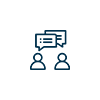
Strategic Panel Discussions
Discuss and debate strategies with your peers and most knowledgeable experts

Networking Drinks Receptions
Network face to face with the world’s top executives and rapidly build a network of new business relationships

Content Focused Roundtables
That will provide you with an opportunity for you to not only further engage with key topics but also network with the...

Key Industry Insight
Attend cutting-edge conference sessions, obtain access to unique expertise and take away new solutions to your day-to-da...

MEET THE SPEAKERS
During the breaks, the speakers will be available for your individual questions and further discussions.
Become a sponsor
Become a Partner
startup innovate form
Event Details
About the event
Automotive cybersecurity is a programme that guards against unauthorized access, damage, assaults, and other wrongdoing on internet-connected automobiles, automotive communication systems, users, and data. Today's cars can connect to the internet, giving them increased independence, improved communication capabilities, and mobility sharing capabilities. Cars can now transmit data to both their makers and consumers, despite the fact that this better connection has left them more susceptible to hacks.
All contemporary vehicles include electronic brake, accelerator, control, engine, steering, and security system controls, making it easy for hackers to remotely commandeer the vehicle. Also, there can be a security issue with connected intelligent security systems for cars. Moreover, cybersecurity solutions for data protection are required by a number of governmental rules and regulatory frameworks. The need for automotive cybersecurity has grown as a result of the industry's increasing demand for cybersecurity.
The global automotive cybersecurity market size is projected to grow from USD 2.5 billion in 2023 to USD 6.0 billion by 2028, at a CAGR of 18.5%. Increasing adoption of connected vehicles has in turn increased the electronic content per vehicle. This has eventually raised the vulnerability of a vehicle against a cyber-attack, which resulted in recall of vehicles by the reputaed automakers in the recent past. Thereby, the demand for automotive cybersecurity solutions are growing at a rapid pace all over the world. Moreover, advent of software-defined vehicles in conjunction with growing cloud-based applications in automotive sector are also expected to create lucrative opportunities for the automotive cybersecurity market in the coming years globally
The Automotive Cyber Security Conference is a premier event dedicated to enhancing cybersecurity strategies in the automotive sector. As vehicles become increasingly connected, the risk of cyberattacks grows exponentially. This summit will address how OEMs, suppliers, and regulatory bodies can collaborate to protect the industry from cyber threats.
Attendees will gain valuable insights into:
✔ The latest cyber threats targeting connected and autonomous vehicles
✔ Security solutions for in-vehicle networks, telematics, and software-defined vehicles
✔ Regulatory compliance and industry standards for automotive cybersecurity
✔ Risk management strategies and best practices for OEMs and suppliers
Through keynotes, panel discussions, and interactive workshops, this event will equip automotive professionals with actionable strategies to safeguard the industry against evolving cyber risks.
Meeting Summary
AUTOMOTIVE CYBER SECURITY FORUM: MEETING SUMMARY:
2 Days – Case Studies, Panel Discussions, Interactive Round Table Discussions, Networking and Experience Exchange
Expert speakers – Industry Leading Companies, Thought Leaders
Attendees – Limited Number, High-level Participation
Areas of responsibility:
Security
Cyber Security
Data
Ecryption
Cyber threats
Resilience
Information Security
Privacy
Risk
Data Privacy & Compliance
Incident Response & Cyber Resilience
Representatives Invited:
Presidents
Vice Presidents
Heads
Managers
Industry participating
Car makers
OEMs
Solution providers
Technology providers
R&D
Key Topics & Discussions
AUTOMOTIVE CYBER SECURITY SUMMIT – KEY TOPICS AND DISCUSSIONS:
Understanding Automotive Cybersecurity Risks in a Connected World
Cyber Threat Intelligence: Identifying & Responding to Emerging Attacks
Regulatory Compliance & Industry Standards: UNECE WP.29 & ISO/SAE 21434
Building Resilient Automotive Cybersecurity Architectures
Best Practices for Securing Over-the-Air (OTA) Software Updates
Supply Chain Security: Addressing Vulnerabilities in Automotive Components
AI & Machine Learning in Automotive Cybersecurity
Cloud & Edge Security for Connected Vehicles
Zero Trust Architecture in Automotive Networks
Key Learning Benefits
By attending the Automotive Cyber Security Conference, participants will:
Gain In-Depth Knowledge – Learn about the latest cyber threats, vulnerabilities, and mitigation strategies specific to the automotive industry.
Understand Regulatory Requirements – Stay updated on compliance standards such as UNECE WP.29, ISO/SAE 21434, and GDPR.
Discover Cutting-Edge Technologies – Explore innovations in AI-driven threat detection, encryption, and intrusion prevention.
Network with Industry Leaders – Connect with top automotive cybersecurity experts, OEM executives, and policymakers.
Enhance Incident Response Strategies – Learn how to develop robust cyber resilience frameworks to minimize attack impact.
Participate in Interactive Workshops – Engage in hands-on learning with case studies and security simulations.
Reasons to attend
Expand your network of top-level business contacts
Hear from enthusiastic speakers with powerful presentation
Use this exceptional platform for discussions and debates about then industry challenges
Benefit from our matchmaking and 1:1 meeting
Join our panel discussions, world cafe, interactive workshops, networking, strategic meetings and round tables discussion
Areas of Responsibility
The Automotive Cyber Security Event covers critical domains related to vehicle security, including:
Connected Vehicle Security
Embedded System Security
Over-the-Air (OTA) Updates
Threat Intelligence & Risk Management
Supply Chain Security
Data Privacy & Compliance
Incident Response & Cyber Resilience
Representatives Invited
The Automotive Cybersecurity meeting is designed for key stakeholders across the automotive and cybersecurity ecosystem, including:
Automotive OEMs & Tier 1 Suppliers
Cybersecurity Experts & Ethical Hackers
Telematics & Connectivity Providers
Regulatory & Government Bodies
Automotive Software & IT Security Specialists
Risk Management & Compliance Officers
R&D Professionals & Engineers
Industry Associations & Standards Organizations
Whether you're an automotive executive, IT leader, cybersecurity professional, or policymaker, this event is a must-attend to stay ahead of emerging cybersecurity threats in the automotive sector.
Explore
Explore our Event & Matchmaking App and Improve your Interaction at Leadvent Group Conference Schedule your meetings in advance!
At the Leadvent Group conference you can request and organize your appointments by using a matchmaking app. Through the networking tool, each participant can create an individual profile. Guided by categories and keywords, attendees can search, find and approach interesting contacts. There will also be a networking area provided at the event of the conference. Your profile data and the details you provide are visible exclusively for registered participants within the event. You will oversee the information you would like to present and to whom. Our matchmaking app will be activated approximately one month prior to the conference and you will be notified vie e-mail as soon as you can start using the matchmaking App and can then set up your personal profile.
Venue
Join us in Munich on the 18th November, 2025
Venue:
We will confirm the venue approximately 3-6 weeks prior to the event date and we will negotiate discounted room rate for conference attendees
Address:
Munich, Germany
We will confirm the venue approximately 3-6 weeks prior to the event date and we will negotiate discounted room rate for conference attendees
Get LocationContact
For any general enquiries or questions please contact our team via email [email protected]
DELEGATE SALES
For booking information, please contact Martin Smith – Marketing Lead [email protected]
SPONSORSHIP
For booking information, please contact Martin Smith – Marketing Lead [email protected]
SPEAKER ENQUIRIES
If you are interested in speaking at the event please contact John Isaac – Event Producer [email protected]
MARKETING & MEDIA PARTNERSHIP
To create a media partnership please contact Martin Smith – Marketing Lead [email protected]
Subscribe
Past Speakers

Avinash Visagan Varadarajan

BRACE Automotive
Functional Safety Specialist
 Show Bio
Show Bio
Avinash Visagan Varadarajan
Avinash Varadarajan is a ISO 26262 Functional Safety Specialist at BRACE Automotive, a leading automotive consultant and engineering company in Eindhoven, The Netherlands. With an automotive engineering background, he has over 8 years of ISO 26262 experience working in various positions across the automotive supply chain. Apart from his role as a consultant, he is involved in state-of-art safety research with the academia in the Brainport region of The Netherlands. He is currently working as a safety management consultant for a global Tier-1 transmission supplier

Kholoud Hatem
Dana Incorporated
Functional Safety Technical Specialist
 Show Bio
Show Bio
Kholoud Hatem
For many years, Kholoud Hatem has been noteworthy expert in functional safety, currently, she works with Dana Incorporate as a technical safety specialist and subject matter expert, prior to that she worked with Hella as a systems engineer, functional safety and cybersecurity manager, then she joined Veoneer as a functional safety and cybersecurity lead, additional to her primary function, she was supporting the safety organization with creating templates and define the procedures for performing the safety analyses using many methodologies, moreover she was supporting the creation of the safety related processes

Juan Pimentel

Omnex
Consultant
 Show Bio
Show Bio
Juan Pimentel
Dr. Juan Pimentel is an Omnex consultant with extensive Engineering, Safety and Cybersecurity experience. Prior to joining Omnex he was a Professor of Electrical and Computer Engineering at Kettering University, USA. Dr. Pimentel has extensive experience in functional safety in Operational Technology (OT) and industrial control system (ICS) environments that include oil & gas, petrochemical, and automotive.
He has an interest in and continued to be involved with standards having served as a standards liaison between the Industrial Electronics Society (IES) and the IEEE Standards Board. He has participated and continues to participate on various IEEE, SAE, and ISO standards. He is on the SAE Vehicle Electrical Hardware Security Task Force and was a contributor to the U.S. TAG committee on the SAE/ISO 21434 automotive cybersecurity standard as well as on the ISO 21448 standard task U.S. TAG committee. Juan is also on the TC 22 SC 32 WG 8 US - Functional Safety committee responsible for the ISO 26262 standard.
Riccardo Vincelli

Renesas Electronics Europe GmbH
Director, Functional Safety Competence Center
 Show Bio
Show Bio
Riccardo Vincelli
Riccardo Vincelli is a Director at Renesas Electronics where he worked for more than 20 years. He's heading the Functional Safety Competence Center responsible for the technical assessment of Renesas products (MCU, SoC, Mix-Signal and SW) targeting world-wide market, as well as a corporate advisor for functional safety.
Riccardo has been involved with the creation of ISO26262 since 2005 as well as many other standards (ISO-PAS-19451, UL4600) and committees (e.g. SAE).
Riccardo is also very active in the functional safety community chairing and/or presenting at several key international conferences
Francesco De Rosa

Art Group
Functional Safety Manager
 Show Bio
Show Bio
Francesco De Rosa
He has a master’s degree in electronic engineering and a post graduate master’s in design and development of embedded electronic systems.
He has more than 15 years of experience as functional safety manager and functional safety assessor in automotive, machinery and railway sectors.
He is member of the Italian committee for the definition of the ISO standards related to the functional safety, cybersecurity and autonomous vehicles and he is a peer review for IEEE.
Alexey Vinel
Karlsruhe Institute of Technology (KIT)
Professor
 Show Bio
Show Bio
Alexey Vinel
Alexey Vinel is a professor at the Karlsruhe Institute of Technology (KIT), Germany. Previously he was a professor at the University of Passau, Germany. Since 2015, he has been a professor at Halmstad University, Sweden (now part-time). He received the Ph.D. degree from the Tampere University of Technology, Finland in 2013. He has been the Senior Member of the IEEE since 2012. His areas of interests include vehicular communications and networking, cooperative automated and autonomous driving, future smart mobility solutions.

Dr. Oscar Slotosch

Validas
CEO and founder
 Show Bio
Show Bio
Dr. Oscar Slotosch
Oscar Slotosch is CEO and founder of Validas AG, the only company worldwide specialized on tool and library qualification. After a PHD in formal methods at Technical University of Munich, Oscar has 30 years of experience within the automotive safety domain. Oscar is the host of the podcast “Tool & Library Qualification”.
Sergey Razmakhnin

NavInfo Europe
Head of cybersecurity
 Show Bio
Show Bio
Sergey Razmakhnin
Sergey is the Head of cybersecurity in Navinfo Europe, where he is responsible for all cybersecurity topics.
Sergey has been working for more than 17 years as a chief information security officer, chief fraud management officer and head of cybersecurity in the largest international companies.
He is also a certified CISSP, penetration tester, and cloud security architect.

Guido Werner

ESE Engineering und Softwareentwicklung GmbH
Director Safety & Security
 Show Bio
Show Bio
Guido Werner
Has been working in the automotive sector for more than 17 years in various positions and specializations, primarily in E/E.
Before that, always worked in the telecommunications sector, starting with an apprenticeship as a telecommunications technician DBP, then continuing in a large state-owned company (German Armed Forces) in the telecommunications sector. Followed by a degree in telecommunications.
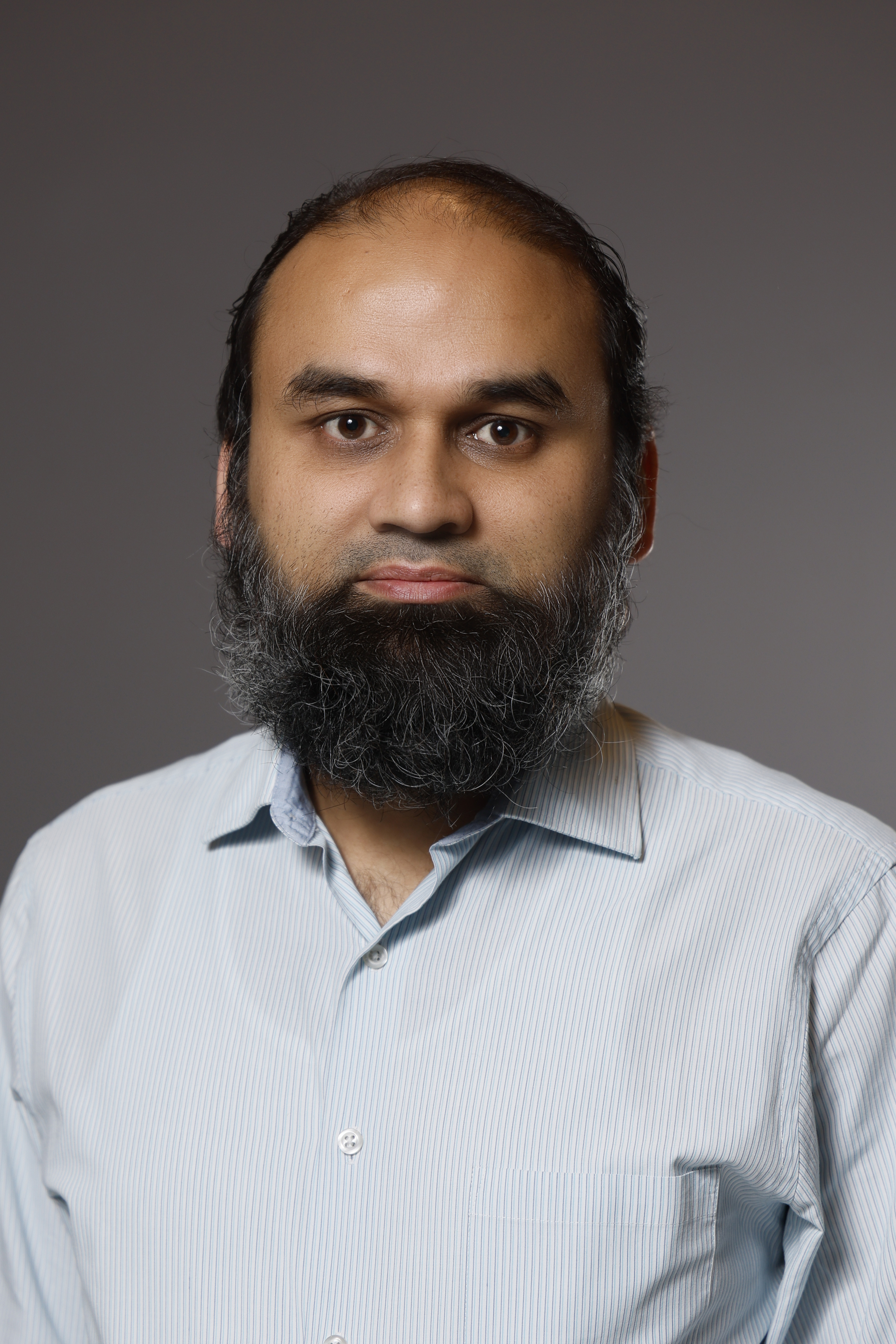
Qadeer Ahmed

The Ohio State University
Assistant Professor Department of Mechanical and Aerospace Engineering
 Show Bio
Show Bio
Qadeer Ahmed
I am an Assistant Professor with the Department of Mechanical and Aerospace Engineering, a core faculty affiliate of the Center for Automotive Research, at The Ohio State University, Columbus, OH, USA.
I received my Ph.D. degree in Control Systems from Mohammad Ali Jinnah University, Islamabad, Pakistan, in 2011. My research includes controls, optimization, and diagnostics of automotive systems with a focus on their efficiency, safety, and security.

Alexander Mattausch

Elektrobit
Chief Expert Software Architecture
 Show Bio
Show Bio
Alexander Mattausch
Dr. Alexander Mattausch is Chief Expert Software Architecture at Elektrobit. He focuses on embedded operating systems, software integration and functional safety. After his PhD in theoretical solid state physics at the University of Erlangen-Nürnberg he joined Elektrobit and led the development of an ASIL-D certified AUTOSAR operating system and focused later on the operating system infrastructure of automotive HPC systems. He is the author of numerous publications in scientific and automotive journals and computer magazines such as c’t.

Florian Reichle

BorgWarner
Global Head of Safety and Security
 Show Bio
Show Bio
Florian Reichle
Florian Reichle has over 18 years of experience in automotive development and 12 years specializing in Functional Safety (ISO 26262) for OEM and Tier 1 suppliers in Europe and North America. He started his career as Test Engineer in 2006 and became a Functional Safety Manager in 2012, and since then, Functional Safety has become his great passion and dedication. Strongly influenced and driven by ISO 26262, he has contributed significantly to the entire automotive development process in various companies. Today, he leads the global organization for Functional Safety and Cybersecurity at BorgWarner.
Florian is dedicated to enhancing safety culture within organizations by implementing practical and sustainable solutions. Known for his critical thinking and problem-solving skills, he influences decision- making to meet key objectives and exceed expectations while aiming for long-term growth. With his professional experience and a gift for articulating complex ideas in an accessible manner, Florian Reichle is a highly recognized and prominent speaker at industry conferences, where he shares his insights on functional safety and safety assessment strategies.
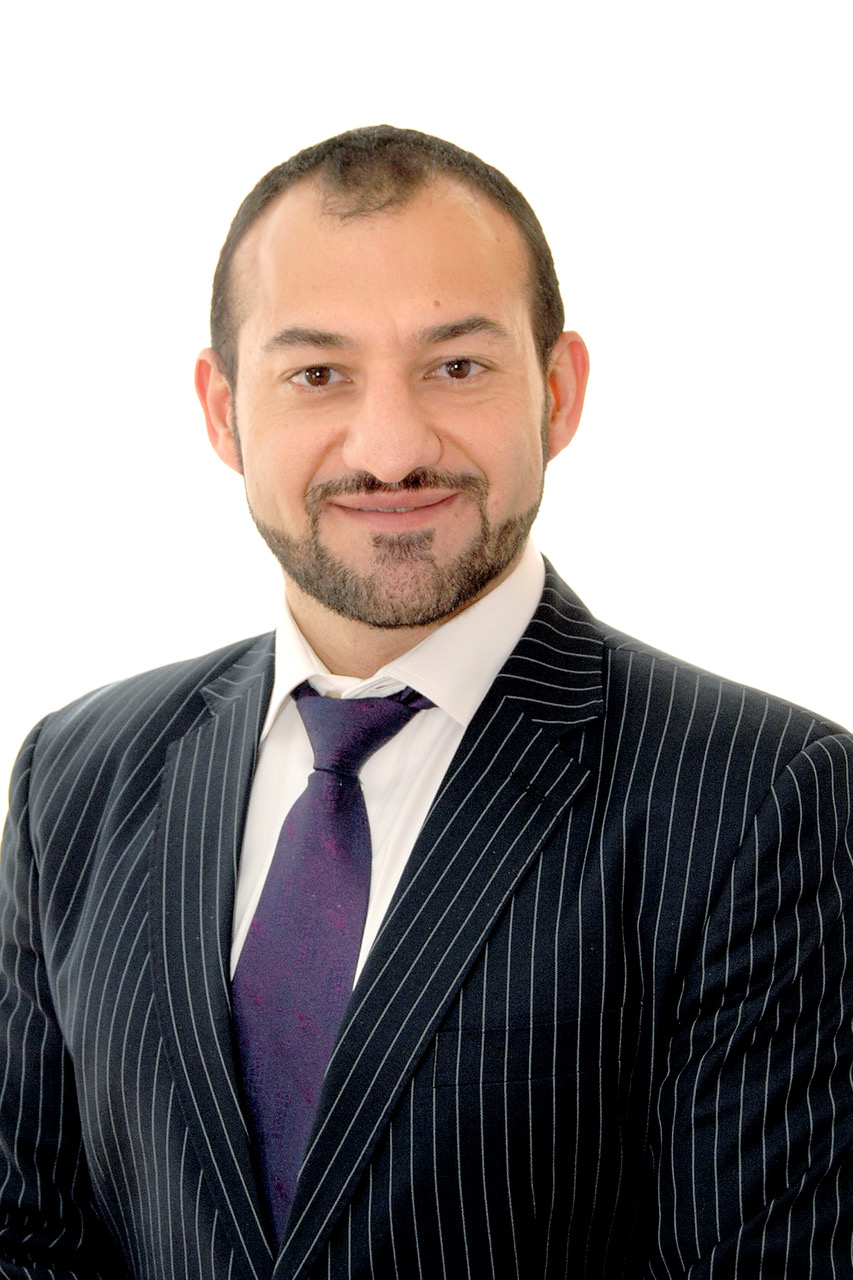
Mohammed Al-Sayed
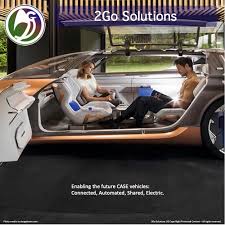
2Go Solutions UG
Functional Safety Expert
 Show Bio
Show Bio
Mohammed Al-Sayed
Mohammed Al-Sayed is a seasoned Functional Safety Engineer and CEO of 2Go Solutions UG with over 24 years of experience. Holding three master’s degrees in Mechanical Engineering, Safety Engineering, and Business Administration, he specializes in autonomous vehicle technology, cyber security, and risk management. Mohammed has patented advancements in Level 5 autonomy and is a respected speaker at international conferences. A member of the Canadian Engineering Association and The IEEE, he is dedicated to advancing safety standards in the automotive industry. Outside work, Mohammed enjoys extensive reading and research on safety engineering and risk management.
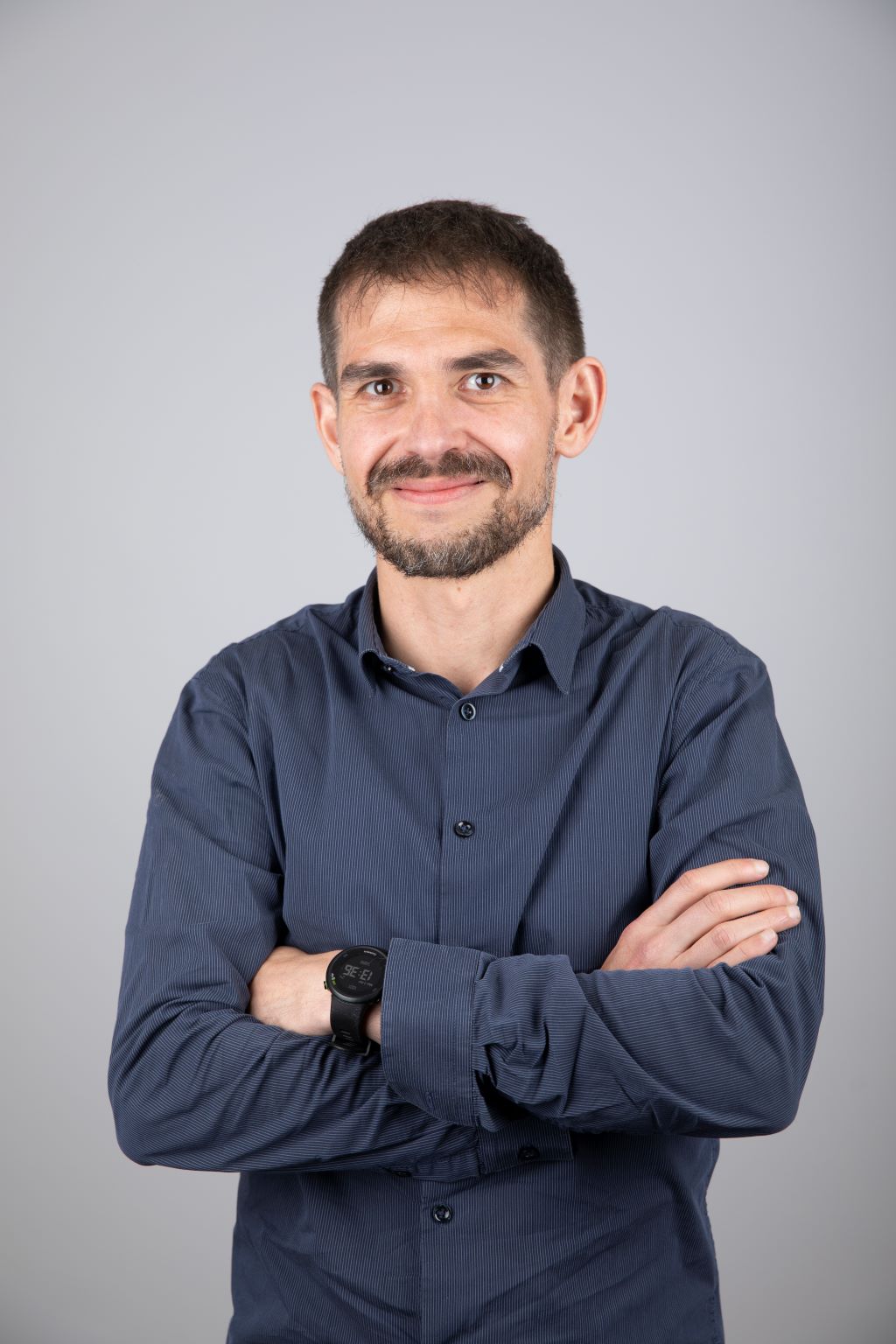
Andres Barrilado

NXP Semiconductors
Functional Safety Assessor
 Show Bio
Show Bio
Andres Barrilado
Andres works as a Functional Safety Assessor in the central NXP team. In the past Andres has acted as a Safety Architect for radar front-end devices, and also as an applications engineer for automotive sensors. He has cross-functional experience in the semiconductor industry, dealing with MEMS and millimetric wave ICs.
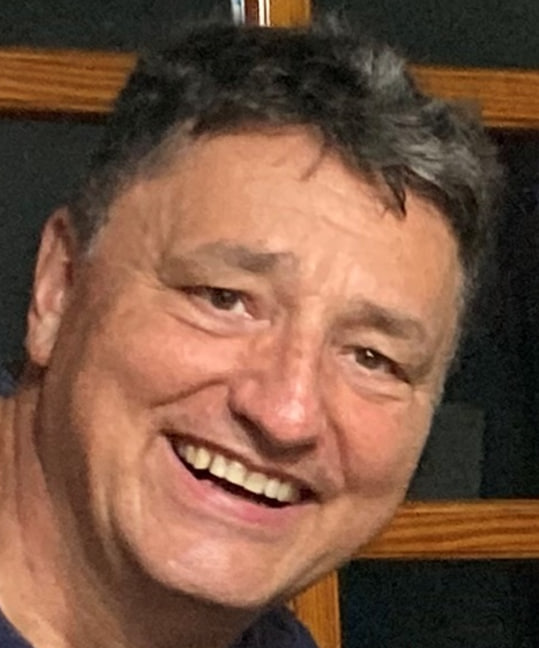
Massimo Carignano
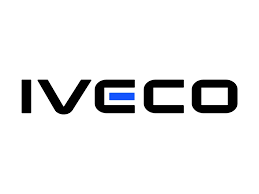
IVECO
Functional Safety Manager
 Show Bio
Show Bio
Massimo Carignano
Massimo Carignano, with over 8 years in automotive functional safety, is the Overall Functional Safety Manager at Iveco Group. Specialising in engine, powertrain systems, components, and commercial vehicles, he guides the Functional Safety Governance, ensuring guidelines for decision-making support in a complex product landscape with legal implications.
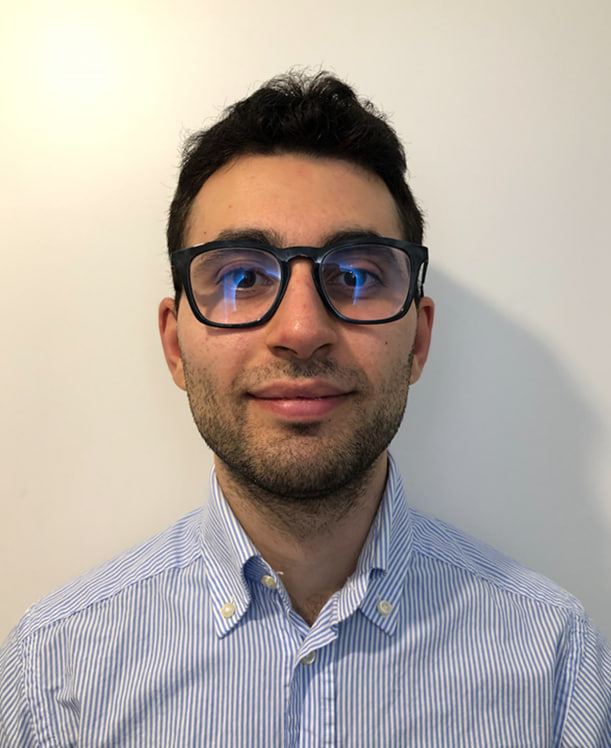
Claudio D’Eramo
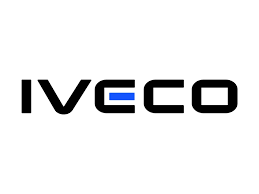
IVECO
Safety Engineer
 Show Bio
Show Bio
Claudio D’Eramo
Graduating cum laude in Mathematical Engineering from the Polytechnic of Turin, he joined 4S Group in 2022. He is the co-author of OEM-level company procedures related to field monitoring of E/E systems based on the proven in-use argument. Over the years, he has also contributed to the development of ADAS ECUs with a focus on Functional Safety, specifically by creating the necessary work products at the system level and supporting the realization of those at the hardware and software levels

Dr. Marzana Khatun
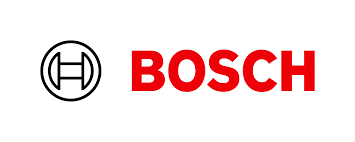
Robert Bosch Engineering
Functional Safety Manager
 Show Bio
Show Bio
Dr. Marzana Khatun
I am Marzana Khatun, Functional Safety Manager at Robert Bosch and I am involved in the development of Application Specific Integrated Circuits (ASIC). I recently completed my PhD at the University of Ulm, where my research focused on the development of safety concepts for higher levels of automation (level 3 and above). This project was a collaborative project involving nine industrial partners and two universities: Kempten University of Applied Sciences and the University of Ulm. With more than eight years of combined industry and research experience in the field of functional safety and cyber security, I continue to build a comprehensive knowledge base in my role.

Roberto Peccapeli

RedHat
Functional Safety Manager
 Show Bio
Show Bio
Roberto Peccapeli
Dr. Roberto Paccapeli graduated in “Electronic Engineering” in 2006 from the University of Rome "Sapienza" and achieved Doctorates in “Mathematical Methods Applied to Science” (University of Rome Sapienza) and in “Mechanics” (University of Paris VI) in 2011. In the past, he worked as YOGITECH project leader for consultancy on FMEDA analysis and Process Safety Audit and, additionally, he was responsible for Quality Management (ISO 9001). Afterwards, he worked in Intel as Functional Safety Manager with the responsibility to establish, implement and maintain the FuSa Lifecycle in compliance with ISO26262 and IEC61508. Currently he is Functional Safety Manager and Community Leader in Red Hat, Italy. He is member of the Italy-task forces involved in ISO 26262 and IEC 61508 standards, where he covers the role of Italian Head of Delegation for ISO/TC 22/SC 32/WG 8 (Functional safety) and Project Leader for ISO 26262-8 and ISO PAS 8926.

Gabriele Paoloni

RedHat
Open Source Community Technical Leader
 Show Bio
Show Bio
Gabriele Paoloni
Gabriele Paoloni is an Open Source Community Technical Leader at Red Hat where he defines best methodologies and requirements to qualify Linux for functional safety usage. He is a passionate technologist and has strong experience in both functional safety and Linux Kernel development, including previous roles leading FuSa software architecture for Intel platforms, CCIX vice chairman of the TDL working group and HiSilicon PCIe Linux maintainer. Gabriele received a master’s degree with honors in electronic engineering from the University of Rome.

Philip Koopman

Carnegie Mellon University
Professor
 Show Bio
Show Bio
Philip Koopman
Philip Koopman is a professor at Carnegie Mellon University in Pittsburgh USA, who has been working on self-driving car safety for more than 25 years. He is actively involved with automated vehicle policy and standards as well as more general embedded system design and software quality. He is the author of the books How Safe is Safe Enough: measuring and predicting autonomous vehicle safety (2022), and The UL 4600 Guidebook (2022).

Hans Böhme

FEV etamax GmbH
Functional Safety Professional
 Show Bio
Show Bio
Hans Böhme
Hans Böhme is a Functional Safety and Automotive Cybersecurity professional at FEV etamax GmbH, a member of the FEV Group. He specializes in Safety Management and the implementation of Artificial Intelligence in safety-critical applications. His experience spans multiple domains, including automotive, agriculture and marine. Hans Böhme holds a Master’s Degree in Electrical Engineering and Information Technology from the Technical University of Munich and has worked for Siemens and the Max Planck Institute for Extraterrestrial Physics.

Abhash Das

ZF Group
Safety Expert
 Show Bio
Show Bio
Abhash Das
Experienced leader over 2 decades of track record of covering variety of areas within the automotive and semi-conductor industry. Authored several patents, trade secrets and a certified safety expert. Deep and broad knowledge of E/E, System and Software, to generate efficient solution to enable production ready safety critical system that are strategically positioned and translated into a product. Highly specialized in IEC 61508, ISO 26262, ISO 21448 and UL4600 safety engineering for various automotive safety critical systems in areas of Autonomous Driving, Hybrid powertrain, ADAS, Active & Passive safety System etc. Active working group committee member in SAE ORAD, BSI CAV, UNECE, and USTAG. Contributed during development of ISO 26262:2018, ISO 21448:2022 and SfAD. Abhash Das
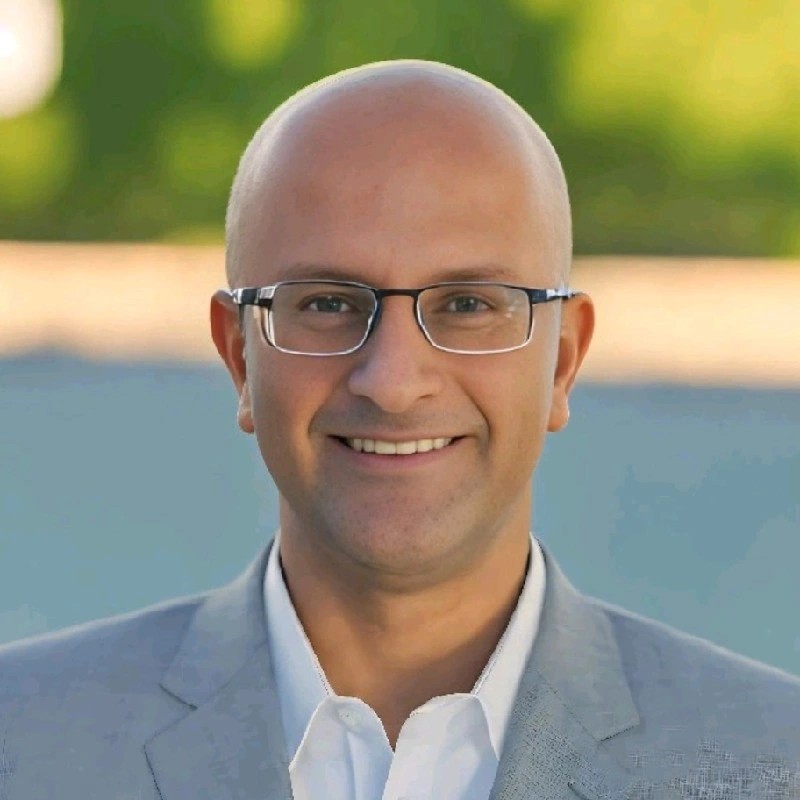
Rohitaswa Bhattacharya

NXP Semiconductors
Automotive Systems Architect - Functional Safety for Edge Processing Product Line
 Show Bio
Show Bio
Rohitaswa Bhattacharya

Rohitaswa is a Technical Director at NXP, responsible for System Architecture, with expertise in Automotive Functional Safety. Based out of Austin, Texas, he is responsible for defining hardware and software solutions for advanced automotive applications, prioritizing optimal functional safety architectures. He has an experience of 19+ years across product - architecture, design, and safety management for High Performance SoCs and Mixed Signal ICs, including a specialized focus of 11+ years in Automotive Functional Safety. He is a voting member of the IEEE Functional Safety Standards Committee and with his research publications, disclosures, and speakership at leading functional safety forums of the industry, he showcases his commitment to advancing knowledge in the field of Automotive Functional Safety. Rohitaswa is a certified Functional Safety Practitioner and holds a Bachelor of Technology from Bengal Institute of Technology in India.

Andrea Matteucci

proteanTecs
Senior Product Manager
 Show Bio
Show Bio
Andrea Matteucci
Product manager and solution architect with 15+ years of professional experience in automotive development, from prototypes to mass production of powertrain applications, diagnostics, and ADAS/AD high-end scalable architecture. Andrea joined proteanTecs in 2020 to lead the design of automotive safety-compliant solutions. Before joining proteanTecs, Andrea served as the Chief Software Architect at Samsung Electronics, Product Owner at Zenuity (Volvo/Veoneer JV), and Platform Project Manager at Bosch in Germany. Andrea holds an MSc in Physics from the University of Bologna, Italy.

Carmine Marra

ART Germany
Project Functional Safety Manager
 Show Bio
Show Bio
Carmine Marra
Carmine Marra is Project Functional Safety Manager of ART Germany. He has a master's degree in computer engineering with a specialization in embedded systems He wrote his master's thesis on ERTMS railway systems and completed his internship at Linnaeus University in Sweden. He has experience as functional safety engineer in the automotive sector.

Syed Hussain
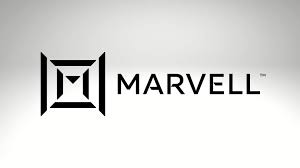
Marvell Semiconductors
Director of Automotive Safety
 Show Bio
Show Bio
Syed Hussain
Seasoned Silicon Valley veteran. Technologist and entrepreneur. Expertise in Semiconductors design and manufacturing particularly related to Autonomous Vehicle (AV), Electrical Vehicle (EV), Automotive Functional Safety and Cyber Security. Managing Engineering teams in leading Semiconductors, Lidar Sensors, and Systems companies for over 25 years, most notably VLSI Tech, Phillips Semi/NXP, Cruise/GM, OmniVision, Atmel, Lattice Semi and currently leading Safety teams as a Director of Automotive Safety at Marvell Semi.

Björn Zelder

Renesas Electronics Europe
Functional Safety Engineer Renesas Electronics Europe
 Show Bio
Show Bio
Björn Zelder
Björn Zelder is a Functional Safety Staff Engineer at Renesas Electronics where he worked for more than 20 years. He has started his professional career as a design engineer with the development of customer specific micro controllers covering design implementation, evaluation up to supporting mass production release. More than 10 years’ experience of safety analysis and assessment of digital Renesas products (MCU, SoC) mainly focussing on random hardware faults.

Jyotika Athavale

Synopsys, IEEE Computer Society
Director, Engineering Architecture, President
 Show Bio
Show Bio
Jyotika Athavale
Jyotika is a Director, Engineering Architecture at Synopsys, leading quality, reliability and safety research, pathfinding and architectures for data centers and automotive applications. Prior to Synopsys, she was Lead Technologist, Functional Safety Architecture at NVIDIA. Prior to NVIDIA, Jyotika was Principal Engineer (Director) at Intel Corporation leading corporate-wide RAS and Functional Safety architectures. Jyotika also serves as the 2024 President of the global IEEE Computer Society, overseeing overall IEEE-CS programs and operations.

Stefano Stabellini

AMD
Fellow
 Show Bio
Show Bio
Stefano Stabellini
Stefano Stabellini is a Fellow at AMD, where he leads system software architecture and the virtualization team. Previously, at Aporeto, he created a virtualization-based security solution for containers and authored several security articles. As Senior Principal Software Engineer in Citrix, he led a small group of passionate engineers working on Open Source projects. Stefano has been involved in Xen development since 2007. He created libxenlight in November 2009 and started the Xen port to ARM with virtualization extensions in 2011. Today he is a Xen Project committer, and he maintains Xen on ARM and Xen support in Linux and QEMU.
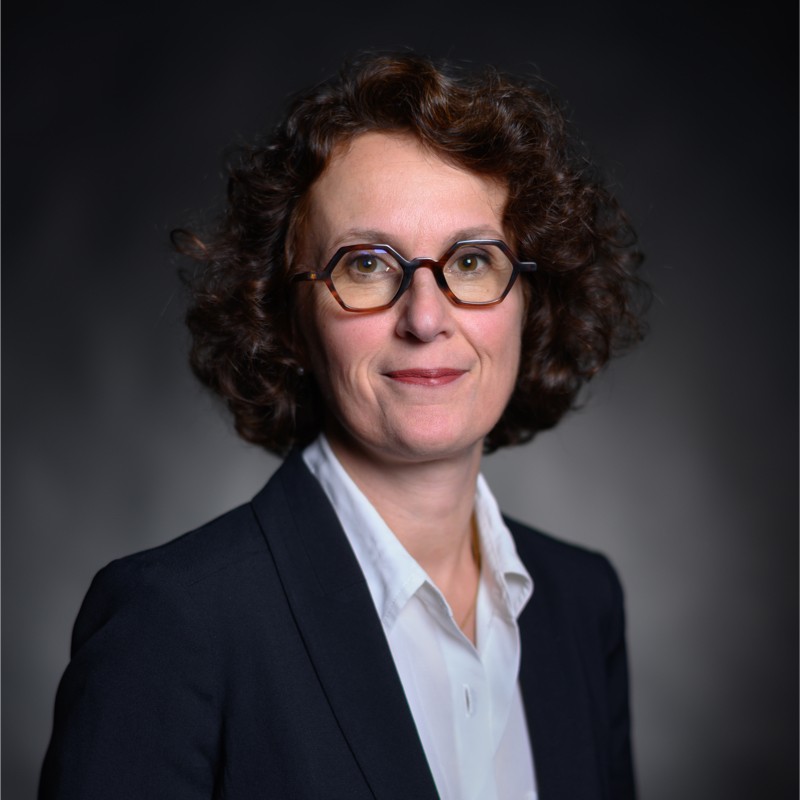
Delphine Kervarec-Vicq
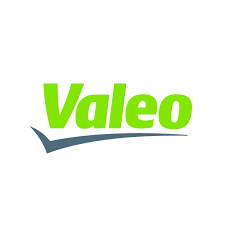
Valeo
Product Safety Director
 Show Bio
Show Bio
Delphine Kervarec-Vicq
With over 29 years of experience in the Automotive industry, Delphine is Group Product Safety Director within Valeo. She started her professional career as an NVH engineer at GM and then held various senior engineering and management position in Renault, working on technical regulation, Quality assurance on ADAS and Dependability and General Product Safety. She is an international expert in corresponding ISO working group (WG8 ISO26262 and WG 14 ISO PAS 8800) and IEEE. Delphine holds a Master Degree in Mechanical Engineering Science from the University of Technology of Compiègne (France), a MBA and a Master II of business law of Paris Pantheon Assas University. Her Motto in life is ‘do it well, be joyful and share it.'
Past Sponsors and Partners
Explore Event Agenda
View AgendaHotel & Venue
We will confirm the venue approximately 3-6 weeks prior to the event date and we will negotiate discounted room rate for conference attendees
Interested to know more?
You can request brochure, call back or get involved!
Request Brochure Request Call Back Get InvolvedStay updated on the latest industry trends and events
Our Clients Opinion
What Our Customers Say

Projects Developer / Asset Manager, aventron

Head Data Analytics & Business Excellence, Suzlon Global Services Limited

CISO Group Network Manager, Madison Insurance Kenya Limited

Partner, Everoze
